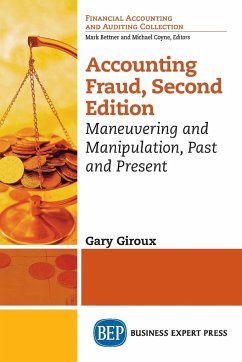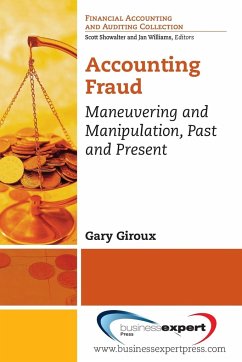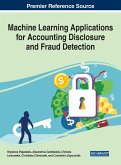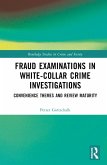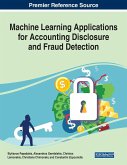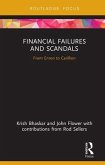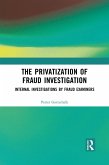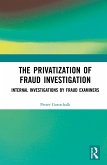Scandals relating to manipulation and fraud have dominated much of the history of business and the accounting profession in America since it's founding. Crooks, corruption, scandals, and panics have been regular features of the business landscape, with regulations and the expansion of financial disclosure, auditing, and regulatory agencies following major debacles. Prior to the creation of the Securities and Exchange Commission (SEC) in the 1930s and the development of generally accepted accounting principles (GAAP), few accounting rules existed and it is difficult to identify "accounting" scandals. Beginning with the New Deal of the 1930s, regulations of financial markets (including the SEC); the creation of generally accepted accounting principles (GAAP) and organizations to improve and keep GAAP current (now in the hands of the Financial Accounting Standards Board); and auditing (currently under the Public Company Accounting Oversight Board) improved accounting and audit practices and financial disclosures. Despite these efforts, accounting frauds continue-many in new and innovative ways. This book brings to light the importance of incentive structures of key players, consideration of economic and psychological perspectives on behavior, and the need for increasingly effective regulation, which become more obvious by considering decades of abuse. Executive compensation, pensions, market values, special purpose entities, and derivatives continue to be problematic accounting issues as they have for decades. Inside, you'll get exposure to financial disclosure issues and other accounting risks, plus additional knowledge of accounting fraud and risk areas.
Hinweis: Dieser Artikel kann nur an eine deutsche Lieferadresse ausgeliefert werden.
Hinweis: Dieser Artikel kann nur an eine deutsche Lieferadresse ausgeliefert werden.

